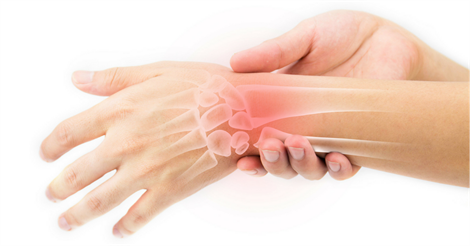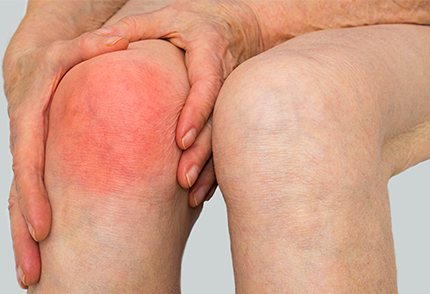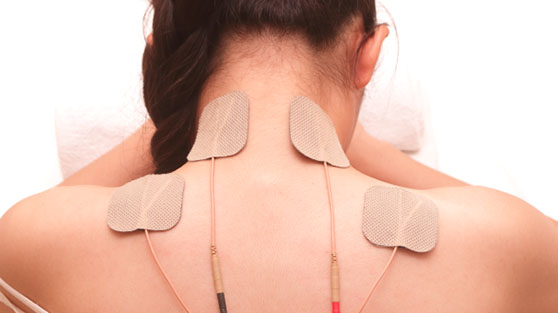Rheumatoid Arthritis Treatment in Pune – Dr. Nilesh Patil
What is Rheumatoid Arthritis?
Rheumatoid arthritis (RA) is an autoimmune disease that can origin joint pain and damage during your body. The joint injure that Rheumatoid arthritis causes typically happens on both sides of your body. So if a joint is precious in one of your arms or legs, the same joint in the other arm or leg will most likely be affected, too. This is one way that doctors differentiate RA from other forms of arthritis, such as osteoarthritis Arthritis.
Treatments work best when RA is diagnosed early, So it’s important to learn the signs. Read on to learn everything you want to know about RA, from types and symptoms to home remedies, diets, and other treatments. Dr.Nilesh Patil Provides Rheumatoid Arthritis Treatment in Pune. He has vast experience in treating conditions like Rheumatoid arthritis, psoriatic arthritis, Gout, Osteoarthritis, Ankylosing spondylitis, fibromyalgia, and other complex inflammatory joint disorders as per the latest clinical guidelines and evidence-based medicine. He is the best for Rheumatoid Arthritis Doctor in Pune
Rheumatoid Arthritis Symptoms
Rheumatoid Arthritis is a long-term or chronic disease noticeable by symptoms of inflammation and pain in the joints. These symptoms and signs arise during periods known as flares. Other times are known as periods of reduction this is when symptoms dissipate completely.
RA symptoms, which can occur throughout the body, include:
- joint pain.
- Bone swelling.
- joint stiffness.
- loss of joint function.
Symptoms can vary from mild to severe. It’s important not to avoid your symptoms, even if they come and go to Dr.Nilesh Patil. He is the Best Rheumatoid Arthritis Specialist in Pune and he provides the Rheumatoid Arthritis Treatment in Pune.


